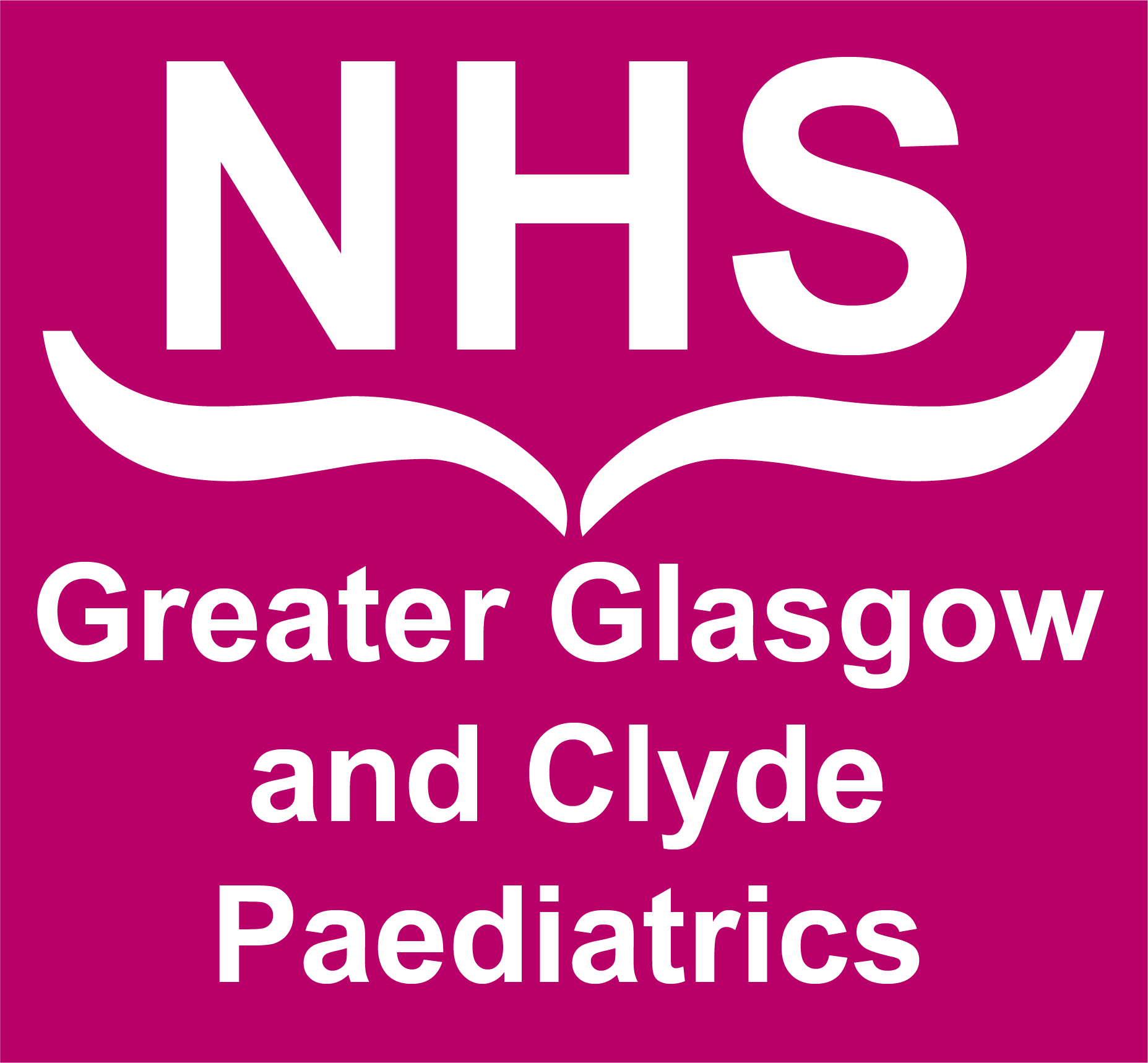Many patients may have undergone some form of antenatal genetic testing
- If only a fetal antenatal 22q11 test was undertaken then a postnatal SNP array should be undertaken as this could identify another cause for the CHD, other than 22q11 deletion
- If only a fetal antenatal SNP or micro-array was undertaken and is normal the patient does not technically need it repeated however it should be remembered the result will be under maternal CHI
- If the fetal antenatal array was abnormal then it will require postnatal validation in case of a mosaic result or other diagnoses
Urgent cases & less than 6 months old
All infants presenting to Cardiology, PICU, NICU or remote neonatal units with structural congenital heart disease or those for whom imminent surgery is planned should have the following genetic investigations undertaken after obtaining appropriate consent:
- Blood sampling
- 2-3ml blood in EDTA tube
- SNP Array
- MLPA (22q11 screen)
- Please complete request form (See image below – Full form in Appendix 3):
- Complete reason for referral & sample details
- In additional information write: Urgent Testing for MLPA (22q11 screen) & SNP Array
- If the child is going for surgery imminently please state the date of surgery
- Blood will routinely be stored for any potential subsequent genetic testing

- Consent
- As DNA will routinely be stored, ideally written consent should be obtained from the child’s parents. It is not essential to get consent for critical pre-operative investigations, such as MLPA for 22q11 screening. The standard proforma for genetic investigation has been adapted for this purpose. The consent form should be completed and stored in the clinical notes. (Appendix 2)
- Please note some results from SNP Array testing may require samples from both parents to aid the interpretation of any variations found.
Further genetic investigationwill be guided following consultant review and/or review by clinical genetics.
Non-urgent cases
All children with congenital heart disease for whom testing is not urgent and in whom there is a possible genetic cause – i.e. presence of a cardiac anomaly as well as learning difficulties, autism, abnormal growth pattern, dysmorphic features, associated congenital malformation(s) of other organs or a family history of 22q11 deletion, velocardiofacial syndrome, diGeorge syndrome, consanguinity or cardiac /arch anomaly should be referred to the Clinical Genetics team. They should also have the following samples collected for SNP Array and stored for subsequent analysis ensuring the clinical features are noted on the request form. Appropriate consent should be obtained (see appendix 2).
- Please complete request form (See image below – for full form see Appendix 3)
- Select DNA analysis box
- In additional information write: Testing for SNP Array
- Blood will routinely be stored for any potential subsequent genetic testing

- As DNA will routinely be stored, ideally written consent should be obtained from the child’s parents. The standard proforma for genetic investigation has been adapted for this purpose. The consent form should be completed and stored in the clinical notes. (Appendix 2)
Further genetic investigationwill be guided following Clinical Genetics Consultant review.
CLINICAL GENETICS REVIEW
- Patients with congenital heart disease and other features suggestive of a genetic diagnosis will be offered a review by the Clinical Genetics team.
- The Duty Clinical Geneticist can be contacted through the Clinical Genetics Reception on 0141 354 9201. Leave the relevant patient details and please state how quickly you would like the baby to be seen.
- Where appropriate, the Clinical Genetics team will advise on appropriate further investigations, for which consent must be obtained. For the majority of cases it is expected that no further samples will be required.
- The Paediatric Cardiac Link Medical Genetics Consultant is Dr Ruth McGowan who can be contacted on: Telephone: 0141 354 9246 Email: ruth.mcgowan@ggc.scot.nhs.uk
RESULTS OF GENETICS INVESTIGATIONS
- Positive results of urgent genetic investigations will be telephoned to the relevant unit by the genetics laboratory staff who will also inform the on-duty Clinical Geneticist. Positive results should be documented clearly in the clinical notes.
- Urgent samples will be reported as soon as possible, with 22q11 results being available within 2-3 working days.
- Results of all tests are now available on the Clinical Portal.
- The patient’s parent or carer should be informed by a senior member of staff at the earliest opportunity. The patient’s GP will be informed through the discharge summary and by direct communication from the Clinical Genetics team in due course.
- It is the responsibility of the patient’s medical Consultant(Intensivist, Cardiologist or Neonatologist) to ensure that Blood Bank and the Infectious Diseases & Immunology team are notified when a 22q11 micro-deletion is detected (See sections 5 & 6).
- Likewise, it is the responsibility of the patient’s clinical team to inform Blood Bank if irradiated blood is no longer needed, for example:
- urgent blood was irradiated for a patient who is subsequently proven not to have 22q11 deletion
- a patient with proven 22q11 deletion is found to have no T-cell immunodeficiency and therefore no longer requires irradiated blood.
CHARGE syndrome
If features are suggestive of CHARGE (Coloboma, Heart anomaly, Atresia choanae, Growth retardation and Ear anomaly) syndrome then please discuss with immunology and clinical genetics teams. The advice detailed below also applies to patients with CHARGE. Please note that if this diagnosis is suspected then other specific genetic testing (e.g. CHD7 testing) may be appropriate.









